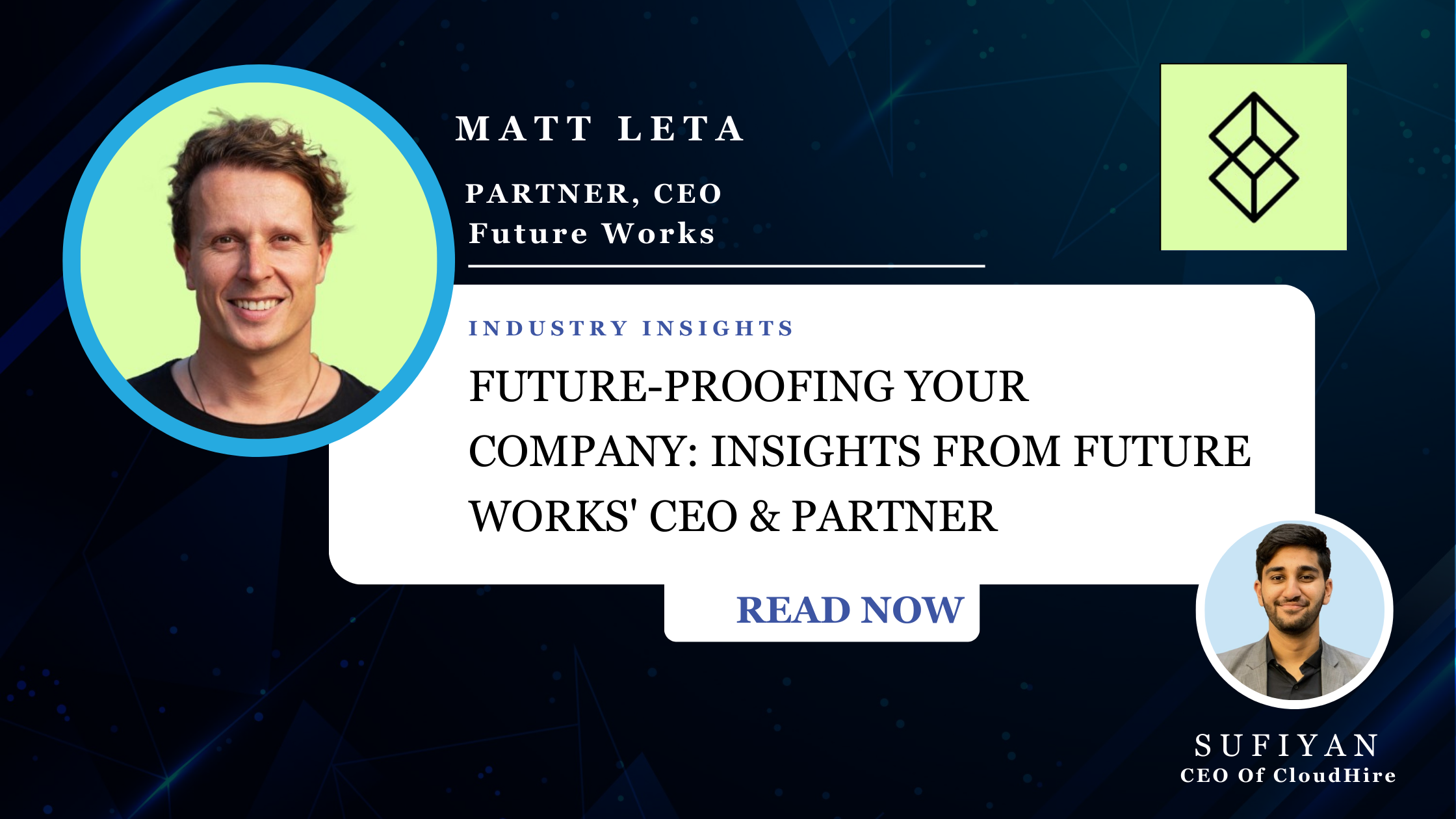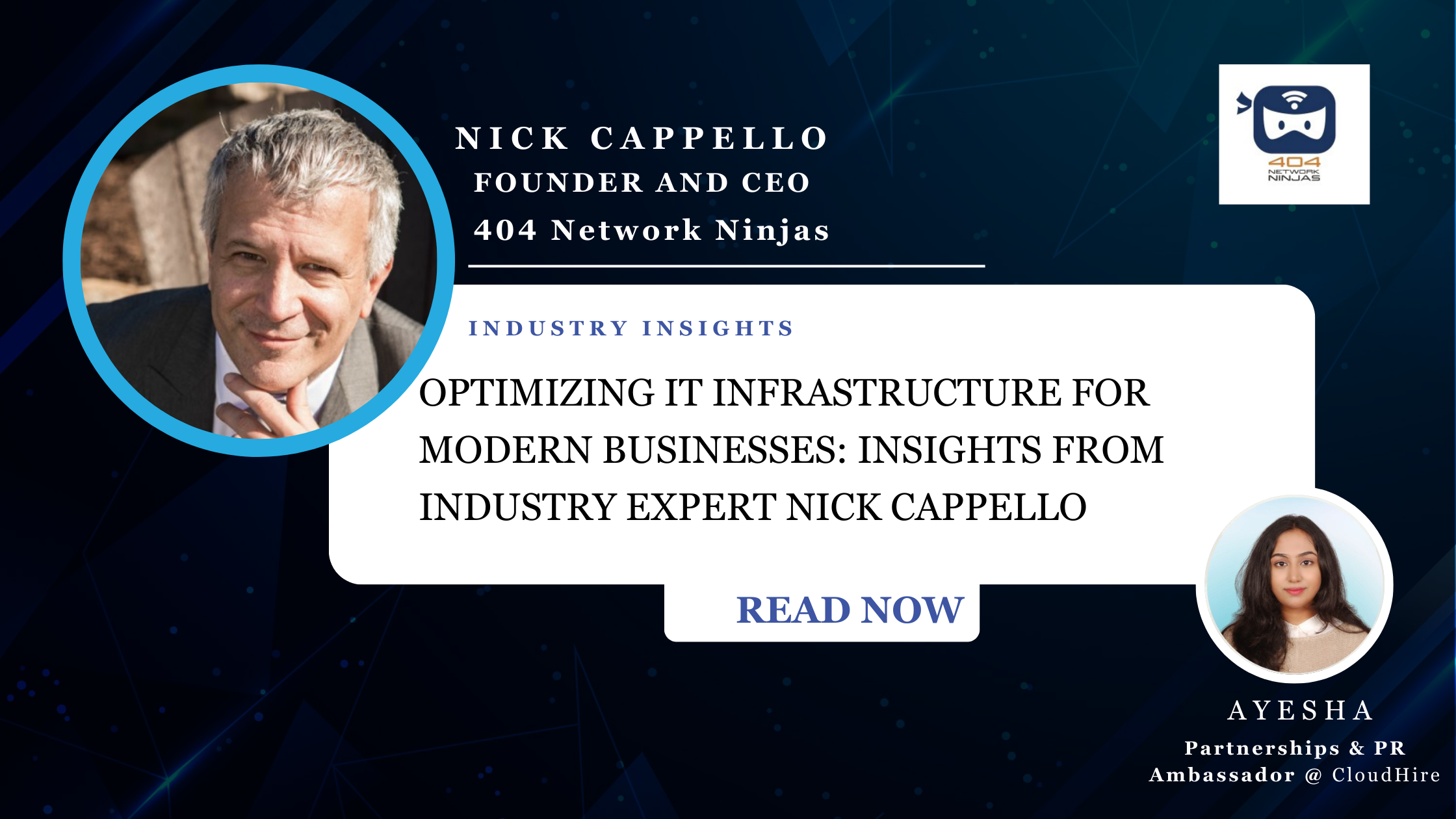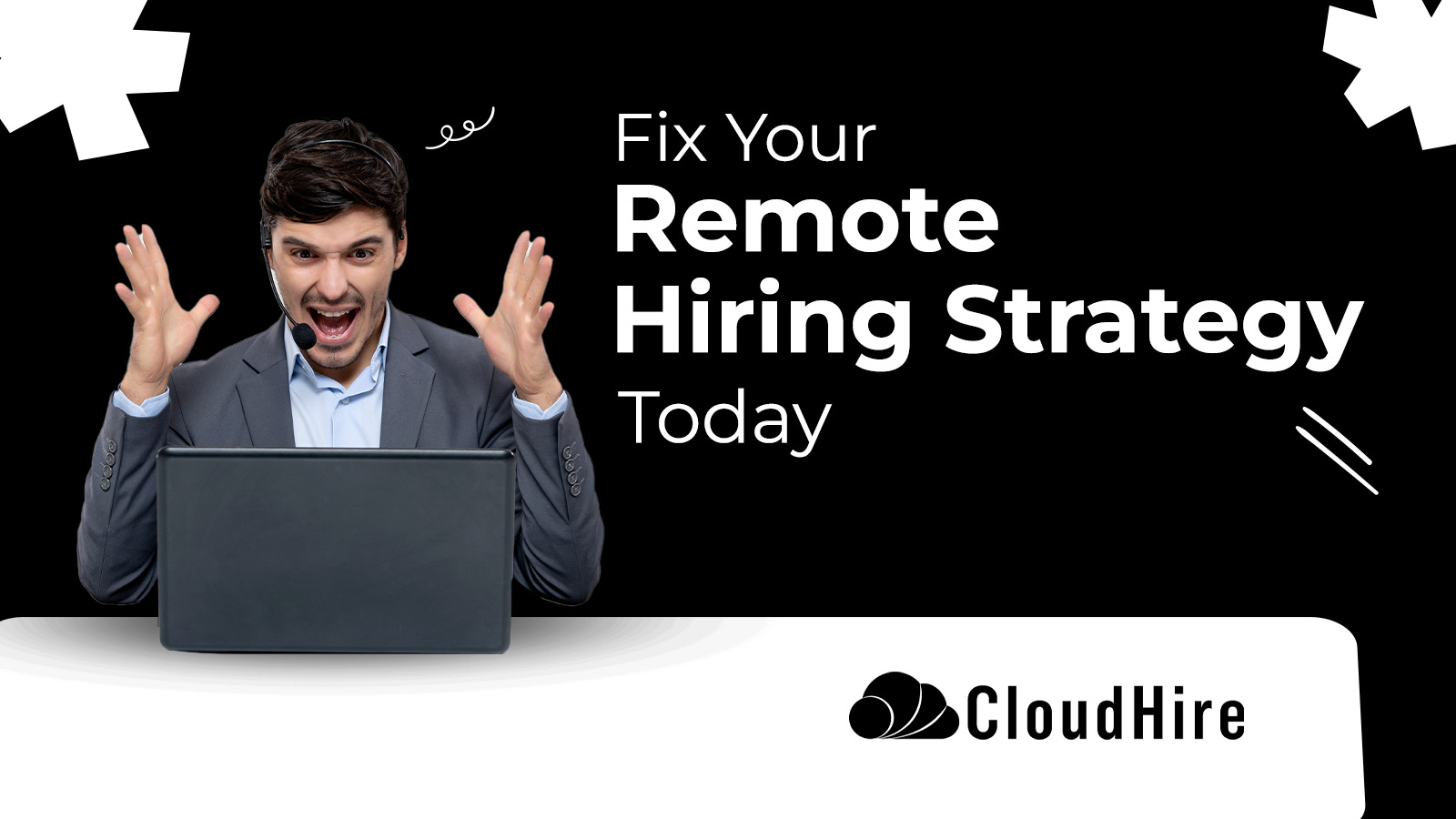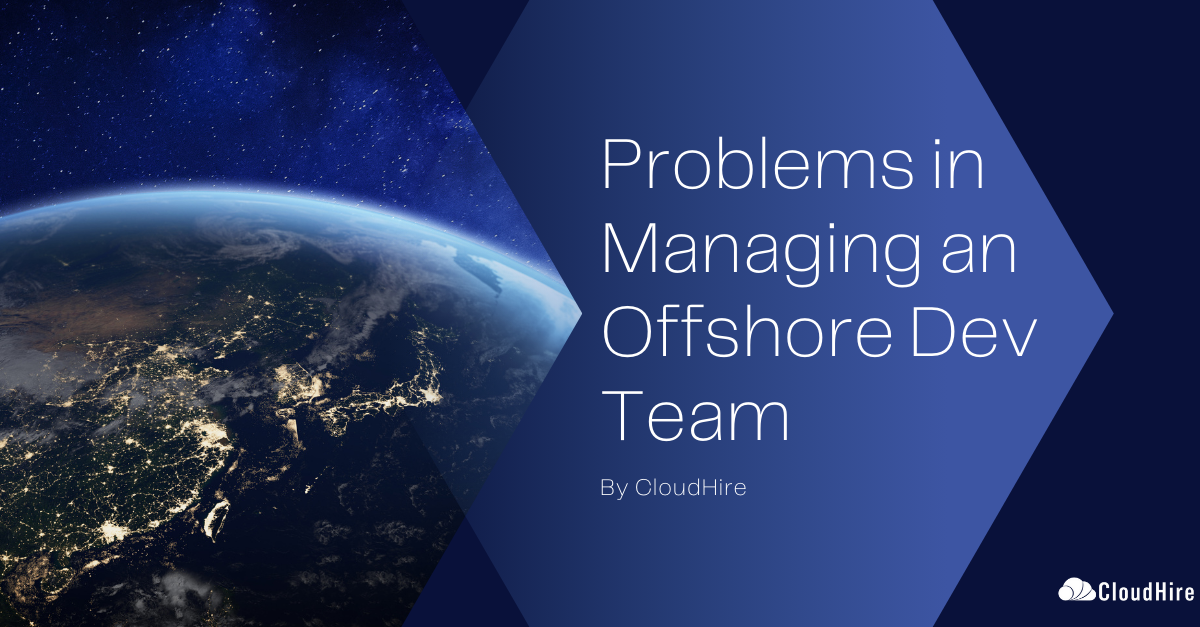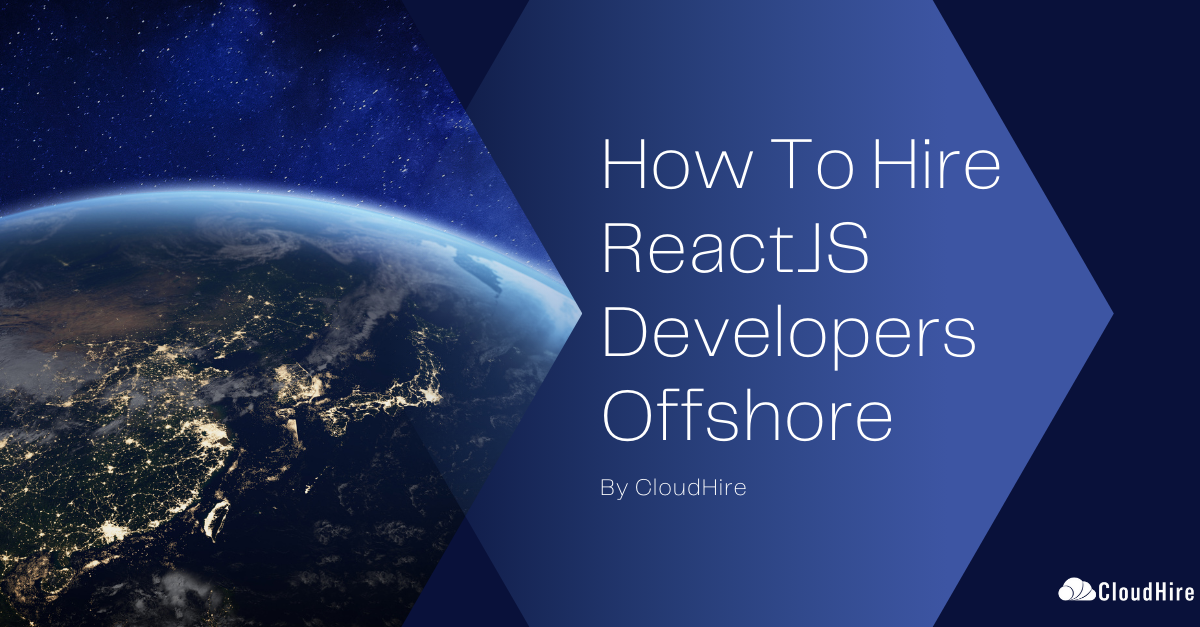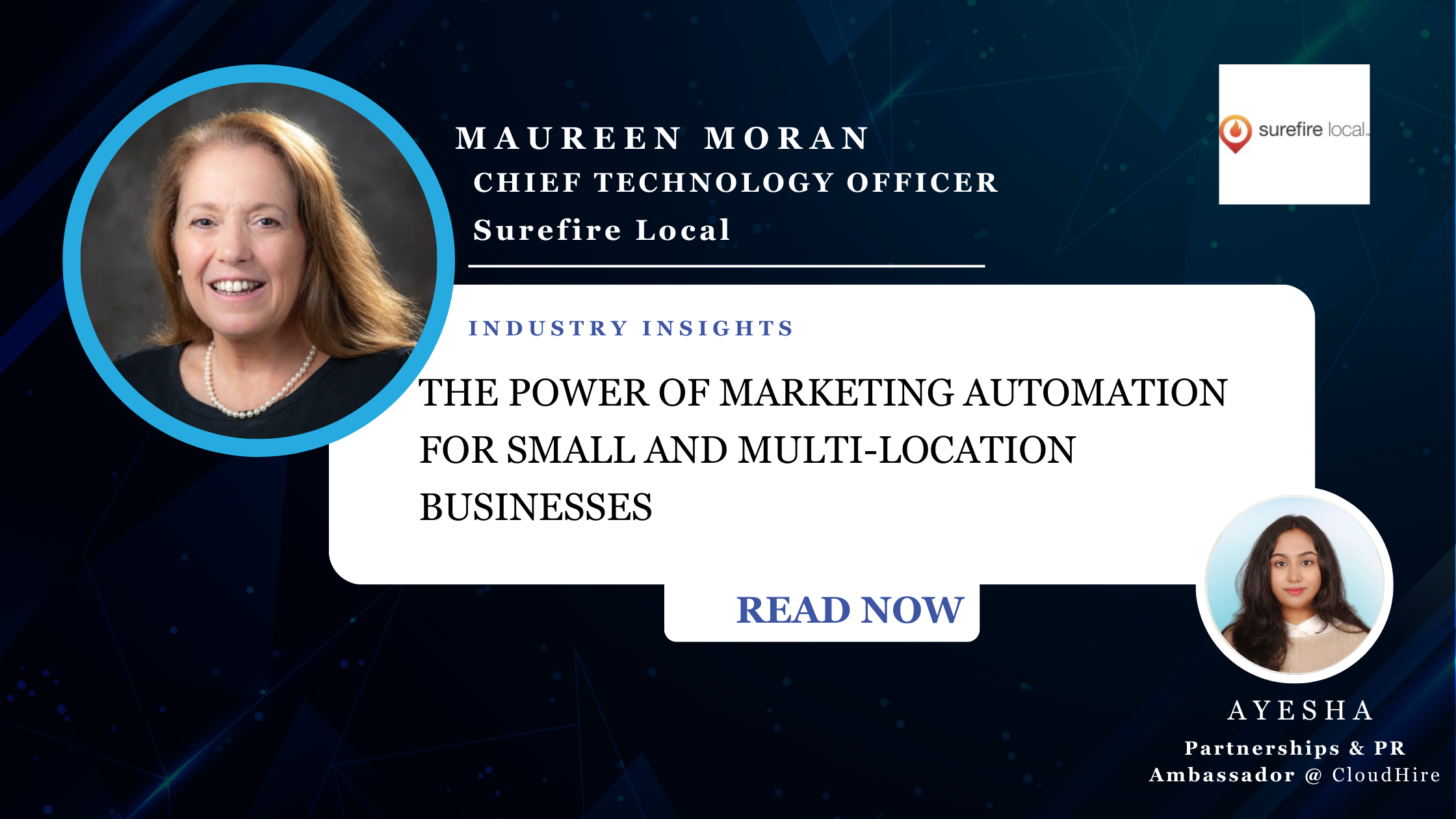In an era of unprecedented technological advancement and global economic shifts, “future-proofing” has evolved from a buzzword into a critical business strategy. But what does it truly mean to future-proof a company, and how can businesses ensure they’re not just surviving but thriving in the face of rapid change? To answer these questions, we turn to Future Works, a company at the forefront of helping businesses navigate the complex landscape of technological and organizational transformation.
Understanding Future-Proofing
Future-proofing is the process of anticipating future trends and developing methods to minimize the effects of shocks and stresses of future events. In the business context, it involves creating a company culture, infrastructure, and strategy that can adapt to changing market conditions, technological innovations, and customer expectations.
Matt Leta, the CEO and Partner at Future Works, emphasizes that future-proofing isn’t just about implementing the latest tech. It’s about unlocking a company’s ability to be innovative and transforming it into something that can withstand and adapt to whatever the future holds.
The Challenge of Future-Proofing
While the concept sounds appealing, the reality of future-proofing a company is fraught with challenges. Leta identifies several key obstacles:
- Resistance to Change: Companies and their teams often resist changing their methods and implementing newer technologies. This resistance can stem from comfort with existing processes, fear of the unknown, and concerns about job security.
- Leadership Hesitation: Leaders may be hesitant to implement changes due to concerns about disrupting current processes and potentially affecting quality and productivity. This fear can lead to delayed decision-making, half-hearted implementation of new strategies, and missed opportunities for growth and innovation.
- AI Apprehension: With artificial intelligence playing an increasingly significant role in business operations, there’s growing concern among employees about job security. This fear can result in a reluctance to engage with new AI-powered tools, decreased morale and productivity, and potential sabotage of AI initiatives.
- Skills Gap: As new technologies emerge, there’s often a lag in workforce skills. This gap can slow down the adoption of new tools and processes.
- Cost Concerns: Implementing new technologies and processes often requires significant upfront investment, which can be a deterrent for many companies.
The Future Works Approach
To address these challenges, Future Works has developed a comprehensive approach to future-proofing that goes beyond mere technological implementation. Their strategy involves:
- Next-Gen Digital Transformation
Future Works focuses on building AI technology around people, allowing them to work as they normally do while still reaping the benefits of advanced tech. This approach offers minimal disruption to existing workflows, reduces the need for extensive retraining, and increases the likelihood of technology adoption.
- Culture Adaptation
Recognizing that sometimes change is necessary, Future Works also helps companies cultivate a culture that embraces innovation. This involves educational programs to demystify new technologies, change management strategies to ease the transition, and leadership training to help managers guide their teams through changes.
- Human-Centric, Technology-Powered, AI-Enabled Approach
Future Works follows a specific mantra for all projects: “human-centric, technology-powered, AI-enabled” — in that order. This philosophy ensures that the needs and capabilities of people are always the primary consideration, technology serves to enhance human capabilities, and AI is implemented in ways that augment human intelligence and productivity.
- Incremental Changes and Quick Wins
To overcome resistance and build momentum, Future Works advocates for a staged approach to implementation. This strategy involves breaking down large transformations into smaller, manageable projects, demonstrating tangible benefits early in the process, and building confidence and enthusiasm for further changes.
- Communication and Culture Building
Future Works places a strong emphasis on the human aspect of technological change. This focus includes regular, transparent communication about changes and their impacts, involving employees in the transformation process, and celebrating successes while learning from setbacks.
- Problem-Focused Approach
Rather than pushing specific technologies, Future Works starts by deeply understanding each company’s unique challenges. This approach ensures that solutions are tailored to each company’s specific needs, resources are not wasted on unnecessary or ill-fitting technologies, and there’s a higher likelihood of successful implementation and adoption.
The Future of AI in Business
Looking ahead, Matt predicts exciting developments in AI for business. They anticipate that active inference will come to actual usable use cases, offering more optimized, cheaper, and faster solutions for tasks like operationalizing companies, optimizing supply chains, and running smart cities.
Some areas where AI is expected to make significant impacts include:
- Predictive Analytics: Enabling more accurate forecasting of market trends, customer behavior, and potential risks.
- Automation of Complex Tasks: Handling more nuanced, complex processes beyond simple repetitive tasks.
- Enhanced Decision-Making: Providing deeper insights and recommendations to support strategic decision-making.
- Personalized Customer Experiences: Enabling hyper-personalization of products and services at scale.
- Improved Resource Management: Optimizing resource allocation across organizations, from energy use to human resources.
Overcoming Implementation Challenges
While the potential benefits of future-proofing are clear, implementation remains a significant challenge for many organizations. One of the key hurdles is finding and retaining the right talent to drive these initiatives. Future Works notes that while finding top talent isn’t very difficult, the real challenge lies in getting that talent to embrace new ways of working and new tools.
This is where companies like CloudHire can play a crucial role. As a global remote staffing company specializing in talent search, Employer of Record (EOR) services, and remote staffing, CloudHire can help businesses identify and recruit professionals with the necessary skills for future-proofing initiatives, onboard talent efficiently in remote or distributed work environments, and manage the complexities of international hiring, allowing companies to access global talent pools.
The Importance of Future-Proofing
In today’s rapidly evolving business landscape, future-proofing is not just a luxury—it’s a necessity for long-term survival and success. By embracing new technologies and fostering a culture of adaptability, companies can:
- Reduce Costs: Effectively implementing AI and other advanced technologies can lead to significant cost reductions in certain areas.
- Gain Competitive Advantage: Companies that successfully future-proof are better positioned to outperform their competitors in rapidly changing markets.
- Improve Operational Efficiency: By optimizing processes and leveraging advanced technologies, businesses can significantly enhance their operational efficiency.
- Enhance Decision-Making: Data-driven insights enabled by AI and advanced analytics lead to better, more informed decision-making at all levels of the organization.
- Create a More Engaged Workforce: A culture of innovation and continuous learning can lead to higher employee engagement and job satisfaction.
- Increase Resilience: Future-proofed companies are better equipped to weather economic downturns, industry disruptions, and other challenges.
- Drive Innovation: By staying at the forefront of technological advancements, companies are better positioned to innovate and create new value for their customers.
- Attract Top Talent: Forward-thinking companies are more likely to attract and retain skilled professionals who are eager to work with cutting-edge technologies and practices.
Conclusion: Embracing the Future
As we move further into an era defined by rapid technological advancement and global interconnectedness, future-proofing is becoming an essential strategy for businesses of all sizes and across all industries. Companies like Future Works are leading the charge, helping businesses navigate this complex landscape by focusing on the human element of technological change.
The key to successful future-proofing lies not just in implementing new technologies, but in creating a culture that embraces change and innovation. By taking a holistic, human-centric approach to technological advancement, businesses can ensure they’re not just prepared for the future—they’re actively shaping it.
The future of business is not something to be feared, but an opportunity to be seized. With the right approach, tools, and partners, every company has the potential to write its own success story in the digital age. The question is not whether to future-proof your business, but how soon you can start the journey.


